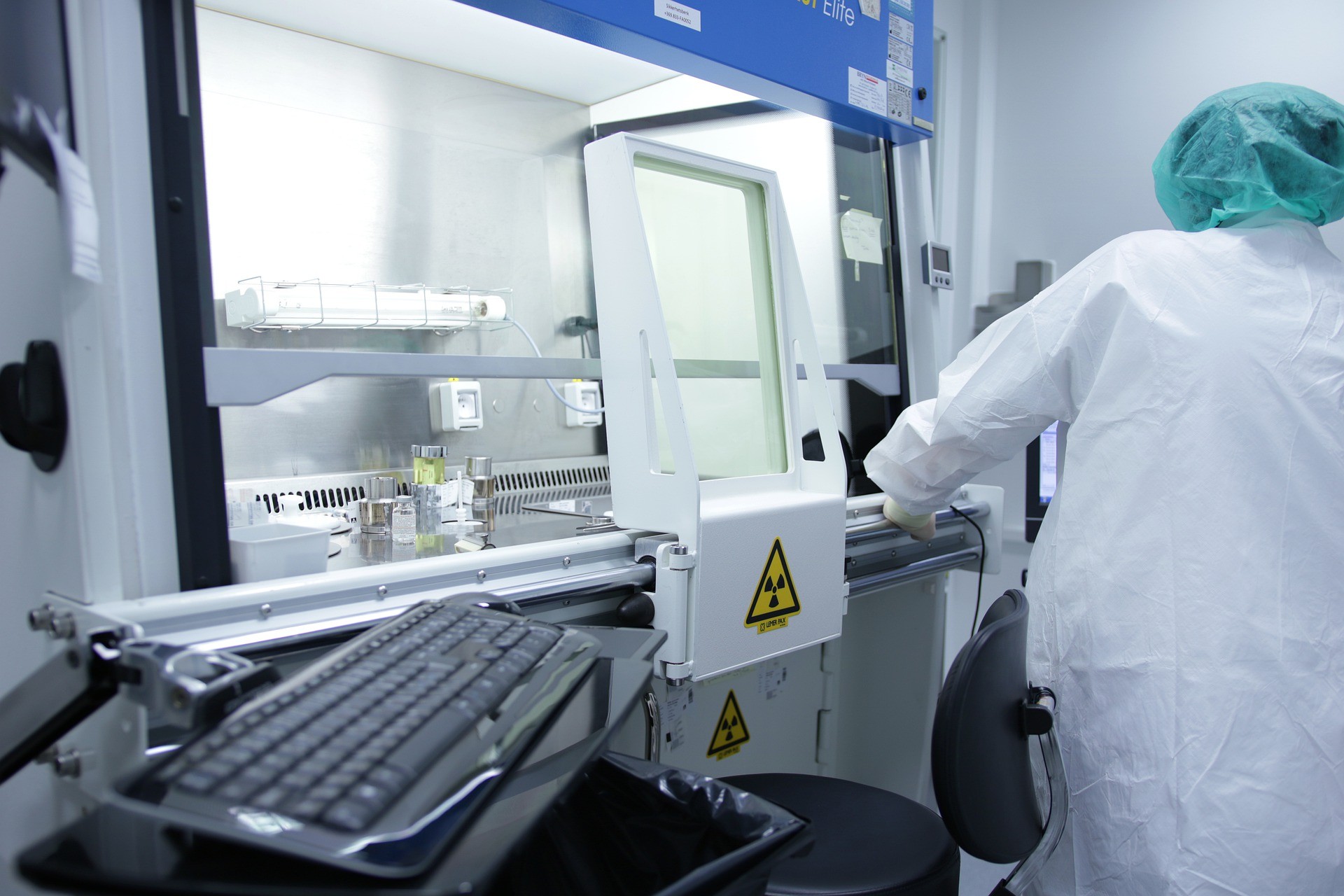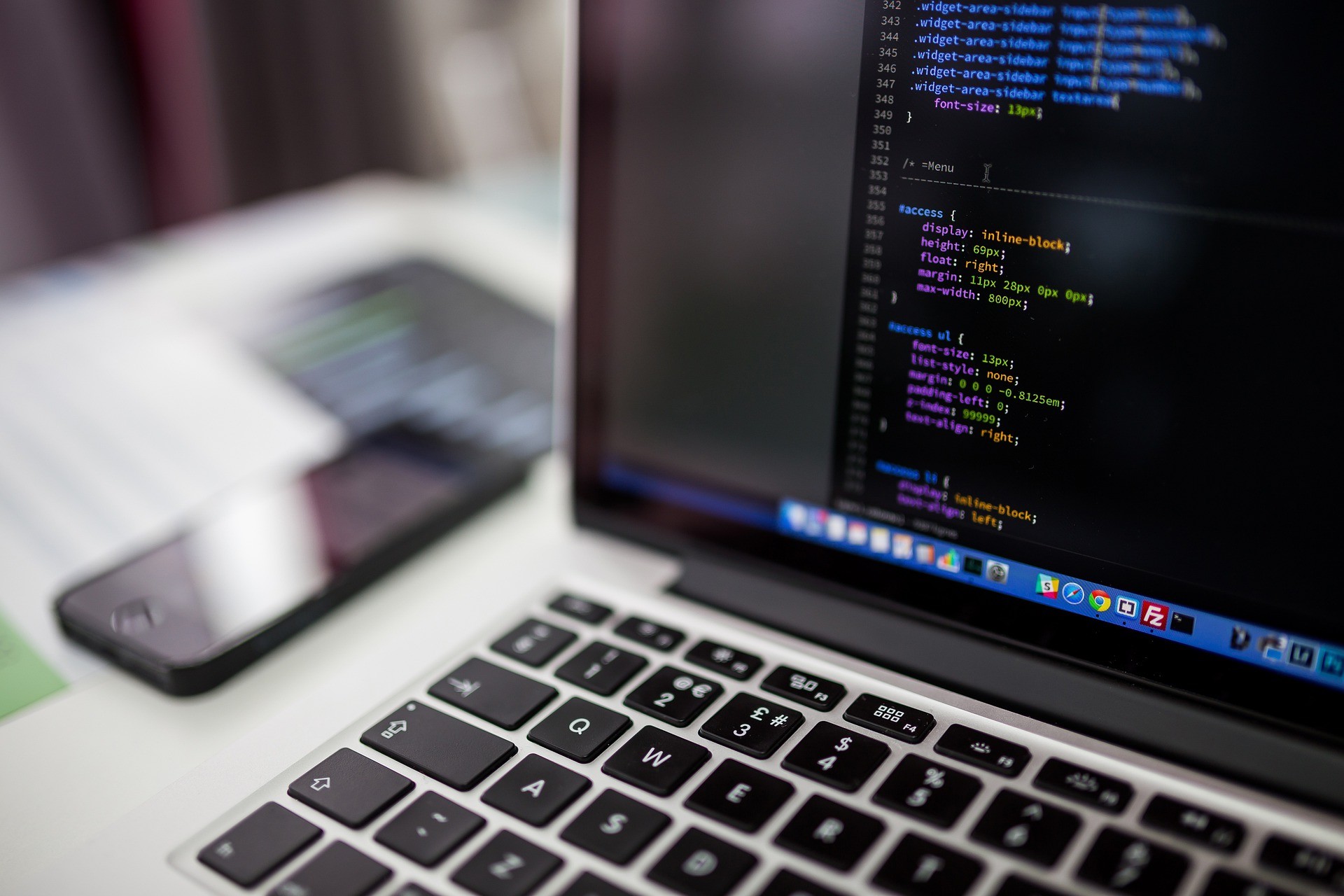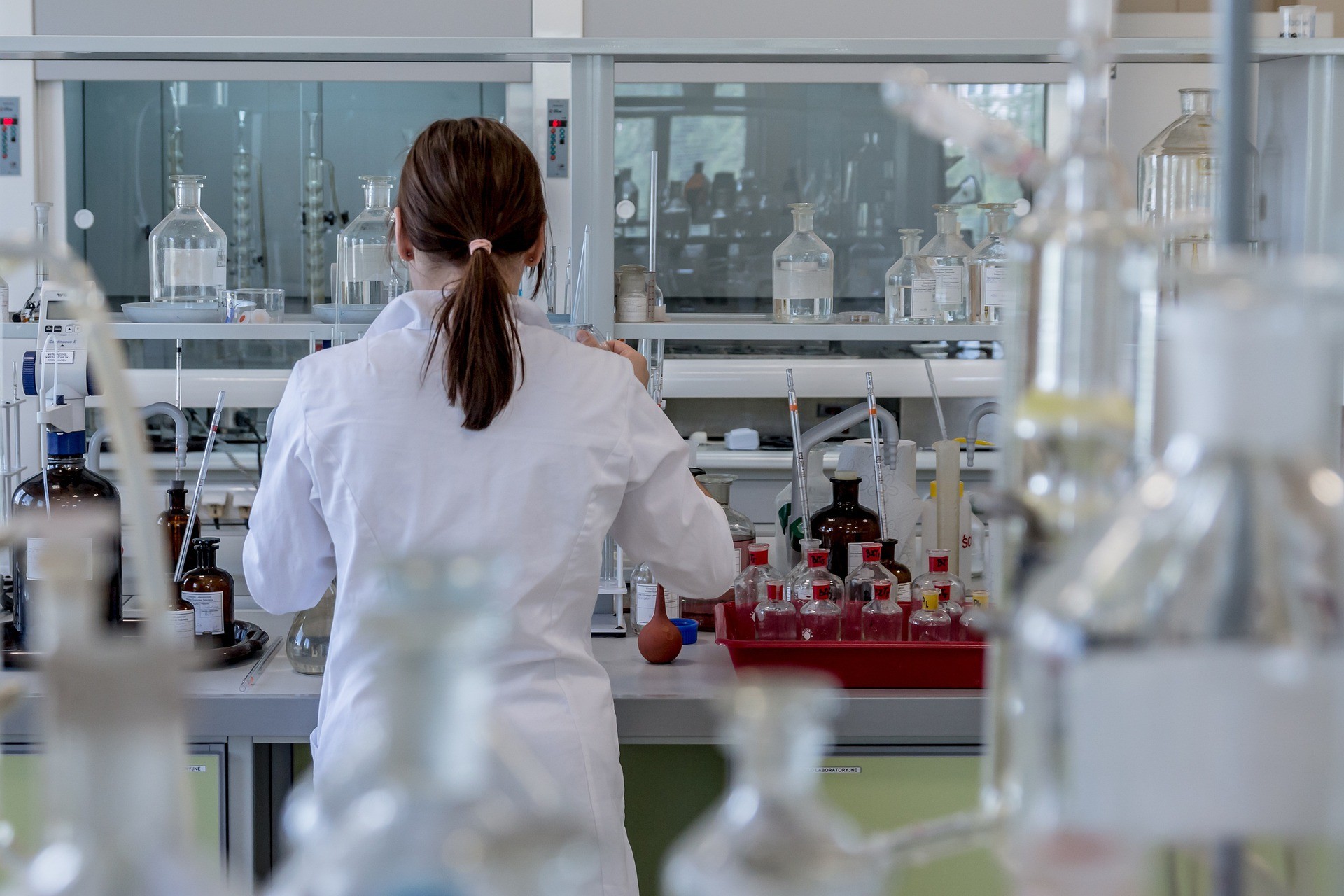Event News
Biotechnology Trends to Follow in 2023

Technology has always helped humanity out of difficult situations. The usefulness of biotech products mushrooming as part of biotechnology, like anti-viral vaccinations, vitamin supplements, or genomic analysis, is a prime illustration.
The biotechnology industry has had a huge impact on the healthcare sector, and that’s why diploma in biotechnology and Bachelor of Biotechnology Courses are trending.
Globally, $16.8 billion was spent on private biotechnology development in 2018 by venture capital firms. By 2025, the value of the worldwide biotechnology market is anticipated to be $727.1 billion.
At the beginning of this decade, AI was used in healthcare for things like data analysis, vaccine creation, and medical diagnosis.
In order to maximize productivity, the biotech sector is demanding more employees who have a degree of Bachelor of Science in Biotechnology and are familiar with trends like automation, data analytics, and artificial intelligence (AI).
1. Synthetic Biology or Personalized Medicine
Each medicine is merely a product made for a certain demographic, despite the fact that drug research is continually changing as more people with a Bachelor of Science in biotechnology start working.
The practice of personalized medicine is distinct with more Bachelor of biotechnology students. Modern biotech businesses are creating medications for a specific individual based on genome sequencing, analysis with AI, and other techniques.
2. Microfluidics
The science of microfluidics focuses on the behaviour of fluids in tiny channels, and the technology behind it involves creating incredibly small machines with chambers and tunnels for liquids to pass through or be contained.
There are many different application areas, and that’s why it needs more Bachelor of biotechnology student. For instance, research may be utilized to create new infection diagnostics and advance printer technology.
3. Engineering Tissue
In labs, biological material may be produced using microfluids and bioprinting. Tissue engineering, which comes with a Bachelor of Science in Biotechnology degree, offers considerable hope to those waiting for organ donation.
Future transplantable organs and skin should be grown in labs at a lower cost and with considerably greater speed.
Bachelor of biotechnology degree in tissue engineering is further thought to be a solution to upcoming food shortages in the food business.
4. AI (Artificial Intelligence)
Biotech businesses, particularly start-ups, may create cutting-edge diagnostic techniques by hiring Diploma in Biotechnology and Bachelor of Biotechnology students and delivering accurate treatments with artificial intelligence.
For instance, AI is currently assisting in the development of medications based on the genetics of the patient. AI is used in diagnostics to automatically assess X-rays or blood samples.

5. Advanced Computer Technology
The backbone of biotech services is technology, and the more people take an interest in Bachelor of Biotechnology and Diploma in Biotechnology, the more it will grow.
The evolution of contemporary technology, including new computing hardware and artificial intelligence, gives biotechnology research and development an advantage.
Biotechnology businesses may now launch more products faster to the market because of increased production and testing efficiency. This effort would require a significant workforce who are Bachelor of science in biotechnology graduates.
6. Clinical Trials and Their Adaptation
Many volunteers with a Diploma in biotechnology and a Bachelor of biotechnology are in demand because of the opportunities available with research organizations to be part of their clinical research and experiments, document their findings, and help further the research efforts.
7. Development of Vaccines
Biotech and biotechnology as a sector has an appreciable contribution to vaccine research. The fast tracked introduction of the Coronavirus vaccine has prompted the biotechnology industry to adopt it as a regular practice instead of a one-off.
The course curriculum for the Diploma in Biotechnology and Bachelor of Biotechnology are being adapted to include effective vocational studies of vaccine development.
In this renewed effort to innovate vaccine research and efficacy, both, government and commercial pharmaceutical companies are working together, which has led to a spike in demand for graduates with a Bachelor of science in biotechnology.

8. Meat Grown in a Laboratory
Bachelor of biotechnology degree and biotech trends are not just in the medical field. An innovative replacement for traditional meals has been made possible by the creation of new food items like cultured beef.
Adult stem cells from a living animal were used to create this meal. The stem cells are prepared for ingestion after being mixed with various components in a bioreactor. As a result, the cattle sector may undergo a revolution as a result of this tendency.
In Closing
The application of smart technology broadens the application of biotechnology in several domains. The use of biotechnology in healthcare, medicine, food, and chemicals is expanding.
This also leads to a growing need for employees who have a diploma in biotechnology, or a Bachelor of Biotechnology degree.

